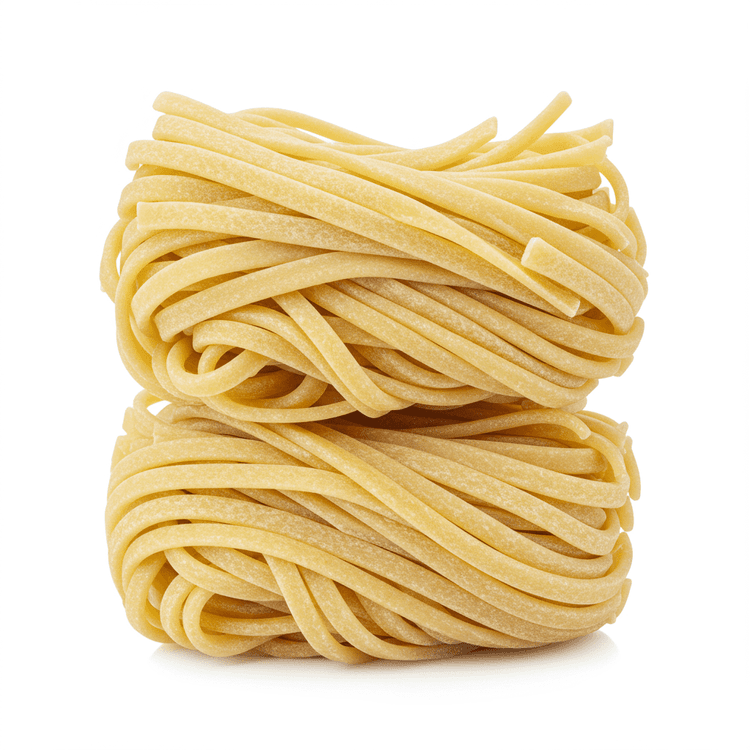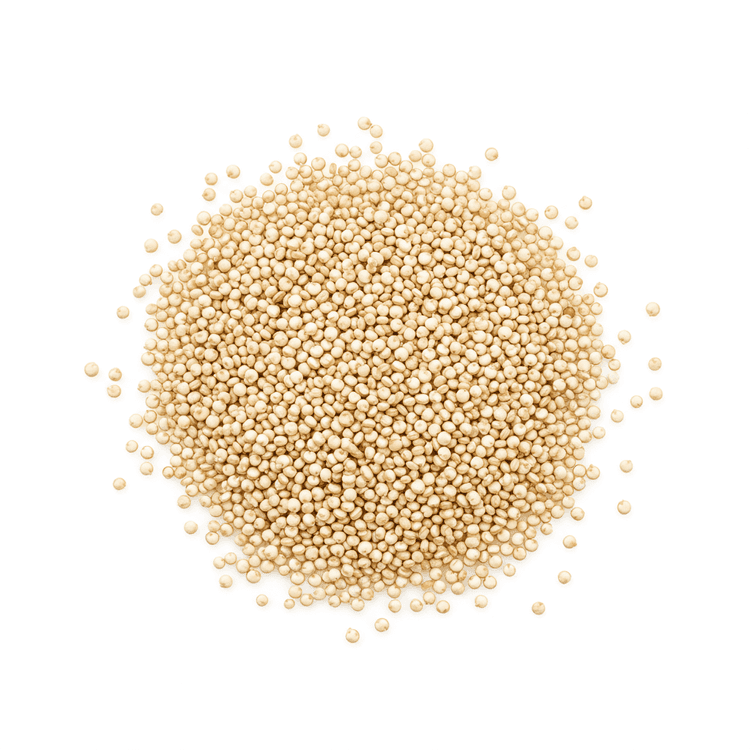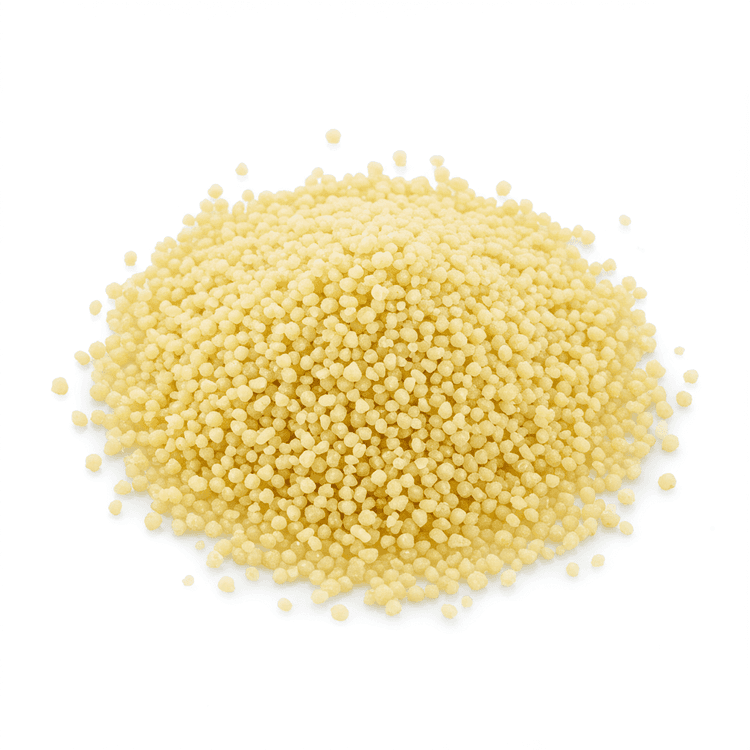
Noodles
Noodles are a staple food in many cuisines, known for their versatile nature and satisfying texture. These long, thin strands are typically made from unleavened dough, which can be wheat, rice, buckwheat, or other grains. Noodles come in a wide variety of shapes, sizes, and textures, ranging from delicate, thin angel hair pasta to thick, chewy udon noodles. Depending on the ingredients and preparation, noodles can be smooth, slightly rough, or even have a bouncy, springy mouthfeel. They are a blank canvas for absorbing flavors, making them perfect for savory or sweet dishes, and can be found dried, fresh, or frozen. Discover the world of noodles and elevate your cooking with these amazing staples.
Common Uses
- Noodles are commonly used in soups and broths. Their soft texture adds comfort and soaks up flavor. Explore ramen, pho, or Italian soups for noodle inspiration.
- Noodles form the base of many stir-fries, offering a satisfying carbohydrate element. Toss cooked noodles with vegetables, proteins, and sauces for a quick and flavorful meal.
- Noodles are often served as a side dish, especially in Asian cuisines. Use them as a bed for grilled meats, saucy vegetables, or flavorful curries.
- Noodles can be baked in casseroles, adding substance and texture. Combine cooked noodles with cheese, vegetables, and sauces, then bake until bubbly and golden brown.
- Cold noodle salads are a refreshing option, especially during warmer months. Toss chilled noodles with vegetables, herbs, and a light dressing for a delicious and healthy meal.
- Noodles make delicious pasta dishes. Mix your preferred pasta sauce with spaghetti noodles or other pasta shapes.
Health Benefits
- Provides carbohydrates for energy to fuel daily activities.
- Can be a source of dietary fiber, promoting digestive health and regularity (especially whole-wheat or whole-grain varieties).
- Some noodles are enriched with essential nutrients like iron and B vitamins.
- Low in fat and cholesterol when prepared without added oils or sauces.
- Whole wheat noodles can contribute to heart health by helping to lower cholesterol.
Chefadora AI is here.
Experience smarter, stress-free cooking.
Storage Tips
Uncooked dry noodles should be stored in a cool, dry place, like a pantry, away from direct sunlight and moisture. Keep them in their original packaging or transfer them to an airtight container for optimal freshness and to prevent insect infestation. Cooked noodles should be refrigerated promptly in an airtight container and consumed within 3-5 days. Avoid freezing cooked noodles, as their texture can become mushy upon thawing.
Marnirni-apinthi Building, Lot Fourteen,
North Terrace, Adelaide, South Australia, 5000
Australia



